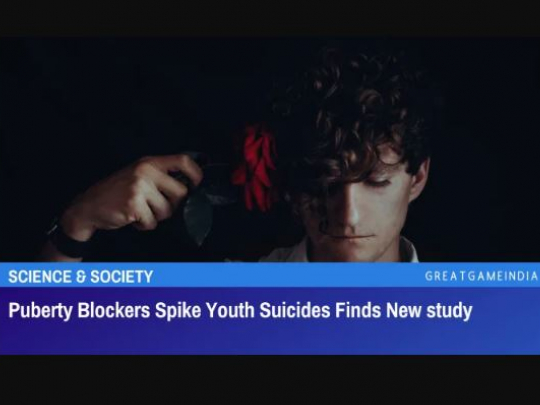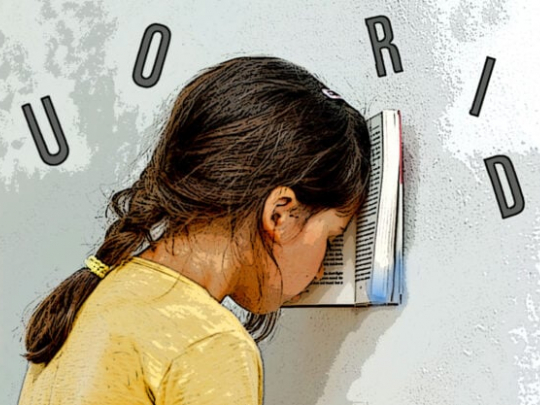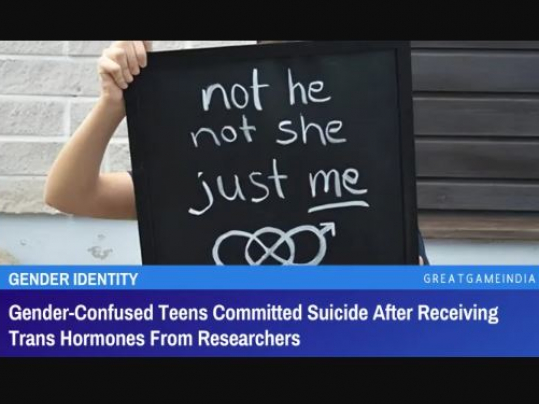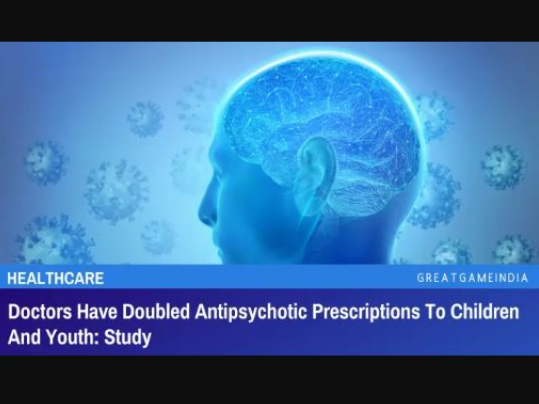Puberty Blockers Spike Youth Suicides Finds New Study

According to a new study from the Heritage Foundation puberty blockers was found to cause a spike in youth suicides.
Puberty blockers and cross-sex hormones, according to pro-transgender clinical organizations, activists, and the Biden administration, prevent suicides among minors who feel they are the opposite sex.
Dr. Jay Greene, Senior Research Fellow, analyzed current data on the effectiveness of these treatments in preventing youth suicides in his 25-page paper (pdf below). Greene discovered that current research “fail[s] to show a causal relationship and [has] been poorly executed,” similar to a recent report produced by Florida Medicaid.
The author took his study a step further by conducting research using a “superior research design,” as he put it. He ultimately found “that easing access to puberty blockers and cross-sex hormones by minors without parental consent increases suicide rates.”
I want to tell everyone what they took from us, what irreversible really means, and what that reality looks like for us.
— TullipR ????????? (@TullipR) June 13, 2022
No one told me any of what I’m going to tell you now.
????
Key Findings
The “Superior Research Design”
Greene looked at states that have regulations that allow minors to receive regular medical care without parental agreement – policies that “have nothing to do with gender identity.”
Greene’s study “exploits this natural policy experiment” by comparing suicide rates among people aged 12 to 23 in states that need parental consent for medical treatment to ones that do not.
According to the paper, he looked at suicides in this age group that occurred between 1999 and 2020 since those people could have reached puberty between 2010 and 2020, when puberty blockers and cross-sex hormones became accessible as a “gender-related treatment” in the United States. Greene posed the following question:
If making it easier for minors to access puberty blockers and cross-sex hormones is protective against suicide, one should expect the frequency of youth suicide to be lower in states that have a provision allowing minors to get these drugs without parental consent after 2010. There should be no difference in trends in the suicide rate among young people based on whether states have a provision allowing minors to access health care without parental consent before 2010.
His model, on the other hand, revealed “strong evidence for the claim that suicides among young people have increased significantly since 2010 in states that have a policy allowing minors to access routine health care without parental consent.”
If there’s one thing you read today it should be this. Heartbreaking. pic.twitter.com/6wyj37JRtw
— Kyle Kashuv (@KyleKashuv) June 5, 2022
“That increase in suicide rates accelerated around 2015. Prior to 2010, whether a state had such a policy or not had no significant effect on the trend in suicide rates among those ages 12 to 23,” according to the report. The report continued:
The timing of the increase in suicide rates only among young people, only after puberty blockers and cross-sex hormones are introduced and used widely, and only in states where minors could access those medical interventions without parental consent raises serious concerns about their effects on suicide risks.
Greene clarified that his study did not look at whether kids who were given puberty blockers and cross-sex hormones had a higher risk of suicide. Instead, the study looked at state rules that “facilitate minors accessing those interventions without parental consent and finds that those policies raise suicide risks among young people.”
“To believe that easier access to puberty blockers and cross-sex hormones are not the cause of elevated suicide risk in those states, one would have to be able to imagine other medical interventions that only became widely available after 2010 and would only affect young people,” Greene challenged.
“The lack of theoretically plausible alternatives strengthens the case for concluding that cross-sex medical interventions are the cause of the observed increase in suicide among young people,” he continued.
Analyzing Existing Research
Puberty blockers, according to the World Professional Association for Transgender Health (WPATH) and the Endocrine Society, can allow more time for adolescents to explore the gender in which they desire to live, in addition to being safe and totally reversible. They also argue that having access to “gender-affirming” care lowers the likelihood of suicide.
Large hospitals, Democrats, and the Biden administration, which wants to administer the drugs to troubled children, are citing these organizations as experts, including the American Academy of Pediatrics (AAP).
The effects of these medications as a treatment for minors with gender dysphoria have “never been subjected to a large-scale randomized controlled trial (RCT),” according to Greene’s assessment.
“The fact that randomized experiments were not required for this use of puberty blockers and sex hormones, and that this novel use of these drugs is relatively recent, means that only a handful of studies examine their effects, and all these studies use inferior correlational research designs,” according to the report, which goes on:
Thank you Dr Belek for giving me the chest I’ve always wanted. I’m almost 30. It’s never too late. #tdov #trans #transdayofvisibility #transpride #topsurgery pic.twitter.com/rohWPBc0RF
— ???? Just A Rainbow In The Dark ???? (@Jacka_NOPE) March 31, 2022
The bottom line is that the most influential recent research on the relationship between adolescent cross-sex interventions and later mental health outcomes, including suicide risk, does not provide convincing evidence. Only a small number of studies make comparisons to a control group—and those studies employ correlational research designs that do not allow causal conclusions, nor have those correlational studies been conducted properly.
Looking Forward
In light of his findings, Greene concluded his report with policy recommendations for the state. At the very least, he claims that initiatives to eliminate legal barriers for minors receiving cross-sex interventions are likely to increase rather than decrease youth suicides. He also suggested that states that now allow teenagers to get basic health treatment without parental or legal guardian authorization reconsider their laws.
Greene also urged states to “adopt parental bills of rights…” and said the conditions for getting these interventions should be tightened, with the minimum eligibility age being raised.
“This research adds to the well-established wisdom that children are better off if they are not allowed to make major life decisions without their parents’ involvement and permission,” the report states.
“In general, parents are better positioned than anyone else, including the children themselves, to understand the needs of their children when making important decisions. State policies that undermine this relationship between parents and children are dangerous and should be repealed,” the report continues.
People who work with children, such as those in health, education, and counseling, should be “careful about substituting their own judgment for that of the parents,” according to Greene.
The report concludes, “The research presented here supports the view that children fare significantly better when their parents have the authority to know about, and help to make, major decisions for their own children.”
- Source : GreatGameIndia


















